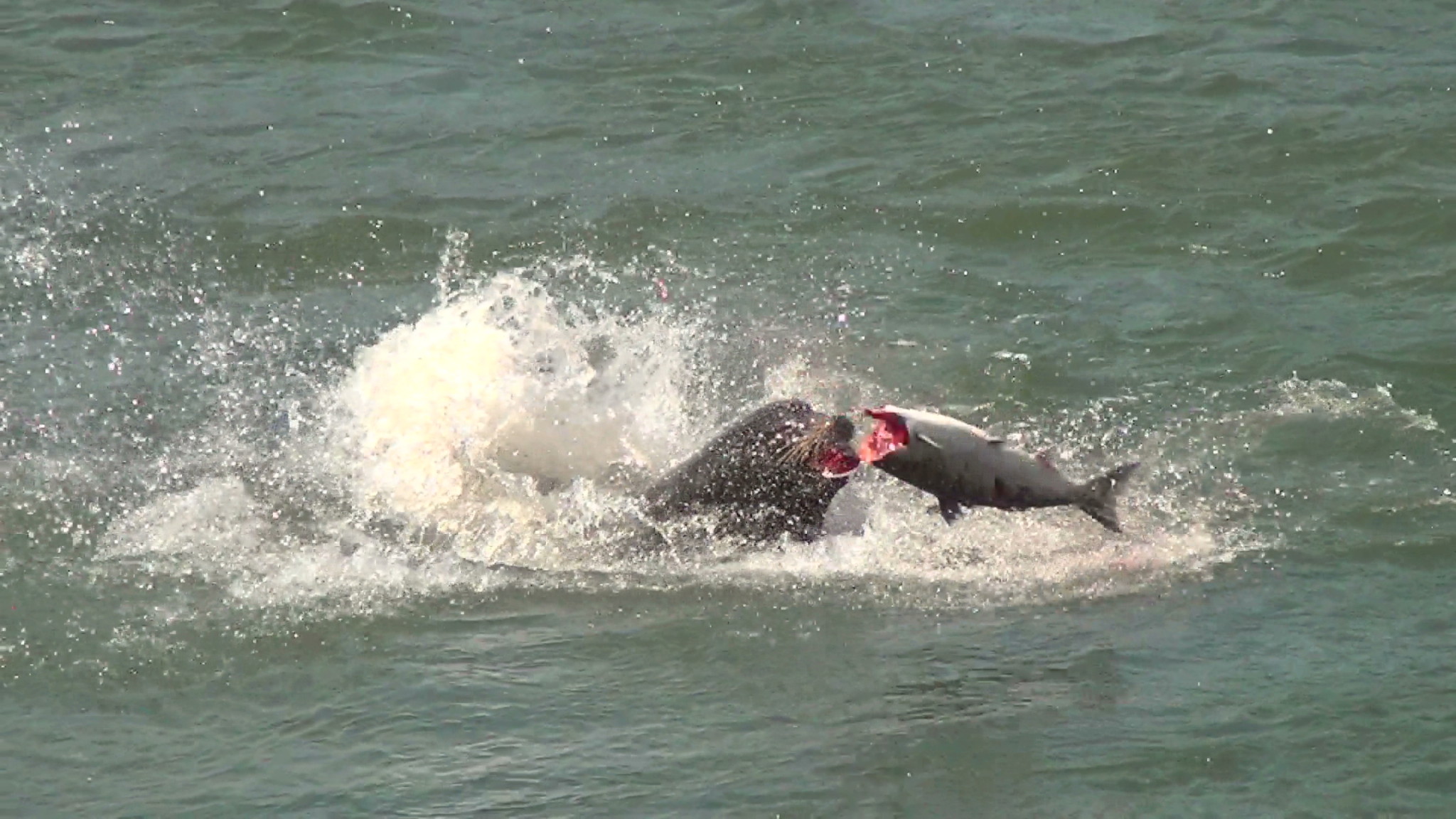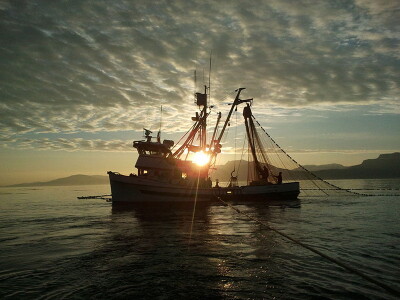A bill that would allow officials and local tribes to lethally remove sea lions from specific areas of the Columbia River passed its first hurdle on Tuesday, June 26, with a 288-116 vote in the U.S. House of Representatives. The bill is part of an effort to improve salmon survival rates in parts of Oregon and Washington.
The Endangered Salmon and Fisheries Predation Prevention Act, or H.R. 2083, amends Section 120 of the Marine Mammal Protection Act to give the Secretary of Commerce the ability to authorize state and local tribes to manage sea lions. Tribes would be able to apply for permits to kill sea lions preying on salmon runs.
“The passage of my bipartisan bill signals a return to a healthy, balanced Columbia River ecosystem by reining in the unnatural, overcrowded sea lion population that is indiscriminately decimating our fish runs,” said bill author Rep. Jaime Herrera Beutler (R-Wash.). She sponsored the legislation with Rep. Kurt Schrader (D-Ore.).
The Washington Department of Fish and Wildlife estimates that sea lions consumed between about 4 and 6 percent of the salmon and steelhead runs below Bonneville Dam in recent years.
“For the salmon and steelhead fighting to make it upstream, [the] vote in the U.S. House significantly improves their chances of survival,” Beutler said. “We’re not anti-sea lion. We’re just for protecting a Pacific Northwest treasure: salmon, steelhead, sturgeon and other native fish species iconic to our region,” Beutler added.
The Marine Mammal Protection Act already allows state agencies to kill up to 96 “individually identifiable” sea lions seen eating endangered salmon. The amendment would allow state agencies and specific tribes in the region the authorization to grant permits allowing hunters to kill up to 100 sea lions per year after completing natural resources management training.
“This is a critical issue that cannot go another year without being addressed,” said Guido Rahr, president and CEO of the Wild Salmon Center in a statement. “This bill provides a thoughtful and practical approach to addressing sea lion predation in critical areas of the Columbia River. It also, for the first time, enables managers to respond before the number and habits of sea lions become an insurmountable problem for returning wild salmon and steelhead populations.”
The total number of killings would be limited to 10 percent of the maximum number of sea lions that could be safely removed from the population.
“My bill provides state and tribal managers with the tools they need to humanely manage the most problematic pinnipeds. Simply put, this measure cuts through the bureaucratic red tape, streamlines the permitting process, and allows states and tribes to rapidly respond to remove sea lions from areas they pose the most threat to salmon recovery.”
The U.S. Secretary of Interior could also suspend the issuance of permits after five years if the lethal removal of sea lions were no longer necessary to protect salmon runs.
A companion bill sponsored by U.S. Sens. Maria Cantwell (D-Wash.) and Jim Risch (R-Idaho) has been introduced in the senate.







